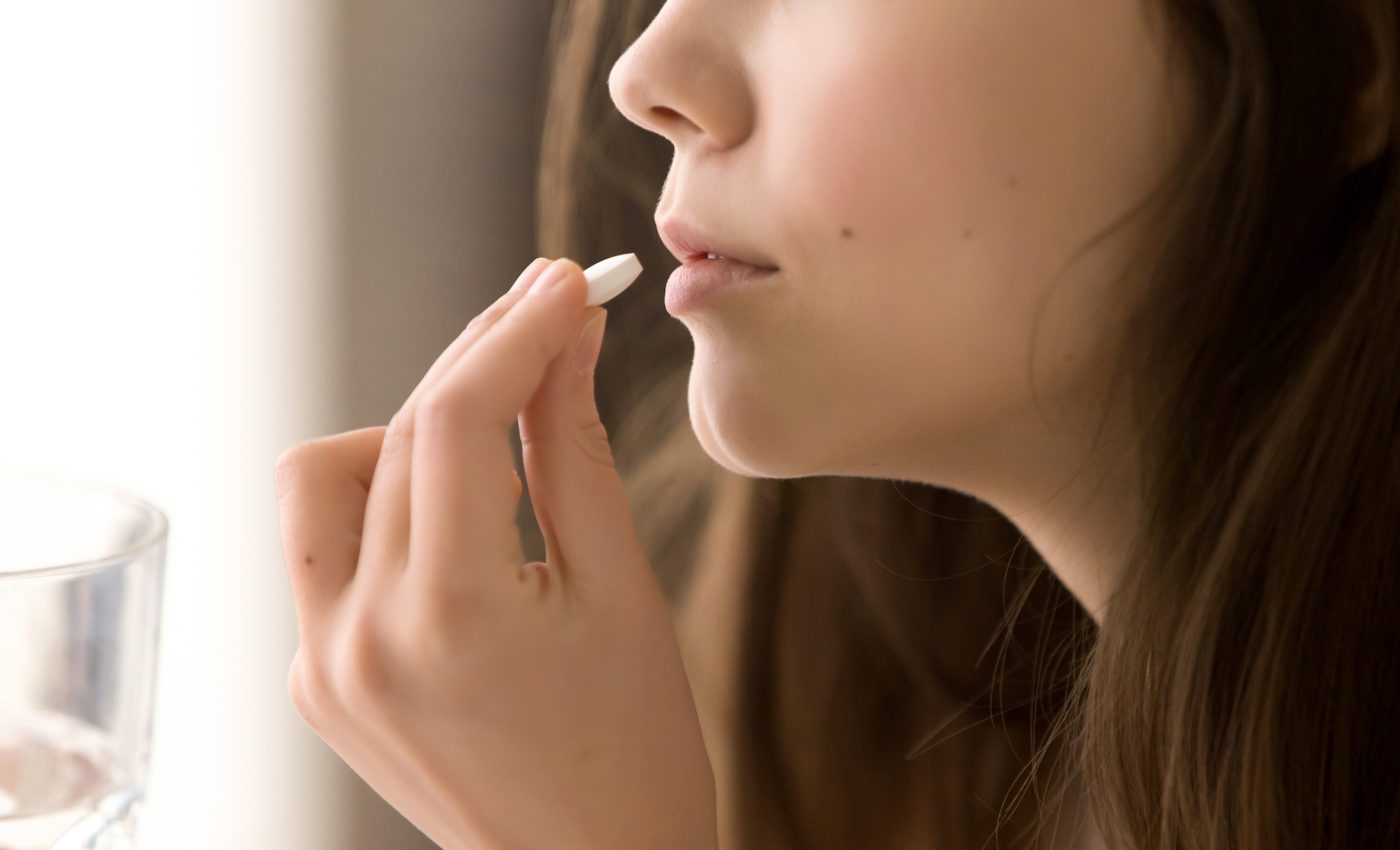
Antidepressants and other psychiatric drugs can alter gut contents
Antidepressants and other psychiatric drugs can alter gut contents. In a new study on rats, scientists found that antidepressants and other psychiatric drugs can change the composition and quantity of gut bacteria.
Now, the research team is carrying out a large-scale human observational study which will hopefully help them understand the specificity of psychoactive drug action and whether or not psychiatrists need to consider the effects of these drugs on the body before prescribing.
Within the first rat-based study, the researchers gave seven groups of eight rats normal or slightly raised levels of psychopharmaceuticals, including Lithium, valproate, Prozac (fluoxetine), and escitalopram. Then, after four weeks, the scientists studied the gut bacteria — the microbiome — to see if and how the drugs affected it.
“We found that certain drugs, including the mood stabiliser lithium and the antidepressant fluoxetine, influenced the composition and richness of the gut microbiota. Although some psychotropic drugs have been previously investigated in in vitro settings, this is the first evidence in an animal model,” said lead researcher Sofia Cussotto of the University College, Cork.
The team saw that some drugs, like lithium and valproate, increased the number of certain bacteria in the gut, whereas other drugs, like escitalopram and fluoxetine, inhibited growth of bacterial isolated strains such as E.coli.
“Some studies have shown that depressed or schizophrenic patients can have altered microbiota composition, therefore psychotropic drugs might work on intestinal microbes as part of their mechanisms of action,” Cussotto said. “Of course, this has to be proved. Given that antidepressants, for example work on some people but not others, making an allowance for microbiome may change an individual’s response to antidepressants.”
“On the other hand,” she continued, “microbiome-targeting effects might be responsible for the side effects associated with these medications. All these hypotheses have to be tested in preclinical models and in humans, and this is our next step.”
“These early data are intriguing, and worthy of further investigation,” added Professor Serguei Fetissov from Rouen University, France, who did not take part in the study. “At the moment it would be premature to ascribe a direct role of gut bacteria in the action of antidepressant drugs until this work can be reproduced in humans, which is what the authors now hope to do.”
“The composition of gut microbiota is very sensitive to the metabolic processes of the body and can change naturally, through drug-induced metabolic shifts in the brain and other organs,” he continued. “Some of the changes reported here, for example increased Christensenella, can be indeed beneficial, but overall significance of drug-induced changes of bacterial composition on the metabolic and mental health needs further research.”
This work will be presented at the European College of Neuropsychopharmacology Conference in Copenhagen.
—
By Olivia Harvey, Earth.com Staff Writer
Image Credit: Shutterstock/fizkes













